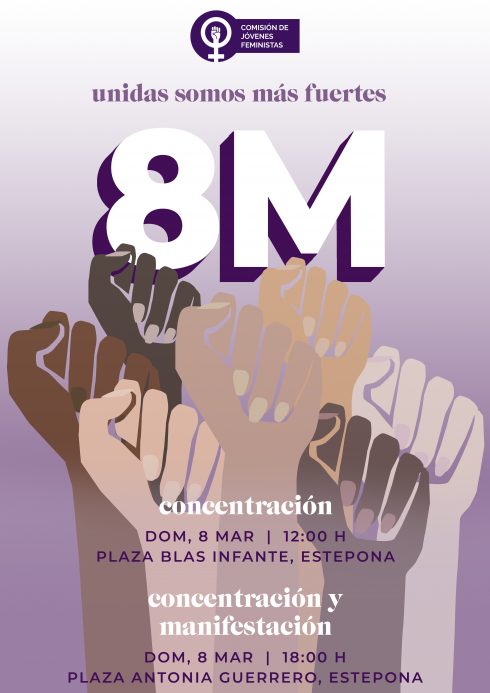IF you’ve taken the decision to finally learn Spanish, you will soon discover the pain of ‘false friends’.
These are not the mates who bitch about you behind your back or slink off without paying for their share of the bill.
No, in language terms, false friends are words that sound English, but in fact mean something entirely different in Spanish.
Although they may lead to a social faux pas, the words classed as false friends in Spanish tend to be words you will want to use often.
There are dozens of them in the language, but here is a pick of the most commonly used:
Constipada is one of the most famous examples.

It doesn’t mean constipated as you might expect, but is actually ‘a cold’. The word for constipated in Spanish is estreñido.
Another medical one often referenced in Spanish language classes is embarazada, meaning pregnant, NOT embarrassed.

This is perhaps one of the most misleading words in Spanish and has probably caused many an embarrassing moment.
Desconcertado means ‘to be embarrassed’, while embarazosa translates as ‘embarrassing’.
Meanwhile, describing people can also set you up for a fall.
For example, preocupado doesn’t mean ‘busy’ or ‘preoccupied’, but is actually ‘worried’.

Then there is sensible, which is especially confusing, as it is spelt exactly the same as the English word ‘sensible’.
But to describe a person as sensible in Spanish actually means they are ‘sensitive’.
You’d also be forgiven for thinking that emocionado meant ‘emotional’, but it is actually ‘excited’.
Elsewhere, ropa means clothes, not rope, and molestar means to annoy, not to be confused with to molest.
So the next time you see a Spanish word and think ‘ah..gotcha!’, you might want to check the dictionary.
Click here to read more La Cultura News from The Olive Press.








